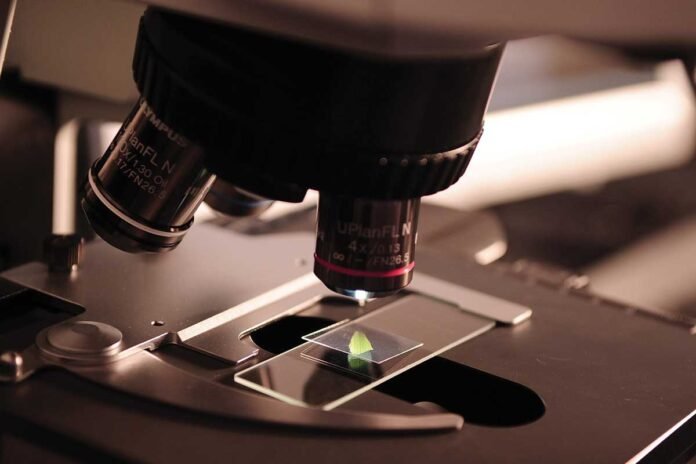In a significant stride for biotechnology, researchers at Indian Institutes of Technology (IIT) Madras and Mandi achieved a groundbreaking feat. They’ve successfully altered plant cells to bolster the production of the vital anti-cancer drug camptothecin (CPT).
Aiding Endangered Plant Conservation
CPT, commonly sourced from the endangered Nothapodytes nimmoniana plant, faces conservation concerns due to its declining population. The International Union for Conservation of Nature notes a troubling 20% decline in this plant species in the last decade. This IIT breakthrough not only facilitates drug production but also aids in preserving these endangered plants.
Innovative Breakthrough in Sustainable Drug Production
In their pioneering 2021 study, IIT Madras scientists identified a sustainable, high-yield microbe alternative for CPT production. Leveraging advanced computational tools, the Plant Cell Technology Lab at IIT Madras devised a cutting-edge genome-scale metabolic model for Nothapodytes nimmoniana’s plant cells.
The Masterminds Behind the Success
This monumental achievement owes its success to a dedicated team of experts. Professors Karthik Raman and Smita Srivastava from IIT Madras, alongside Sarayu Murali and Maziya Ibrahim from the Computational Systems Biology Lab, and Shyam K. Masakapalli and Shagun Saini from the Metabolic Systems Biology Lab at IIT Mandi, spearheaded this groundbreaking research.
Support and Recognition
Crucial funding from the Science and Engineering Board (SERB) and the Department of Science and Technology drove this groundbreaking research, published in the esteemed Frontiers of Plant Science journal.
Boosting Drug Production Sustainably
Lead researcher Smita Srivastava stressed the integration of metabolic and bioprocess engineering principles to enhance and sustain drug production. This strategy not only innovates but also addresses the burgeoning market demand.
Future Prospects for Commercial Viability
The team’s objective involves amplifying specific genes in plants to scale up CPT production, akin to widening roads for increased traffic flow. They aim to commercialise this process within three to five years, revolutionising cancer drug production dynamics.





